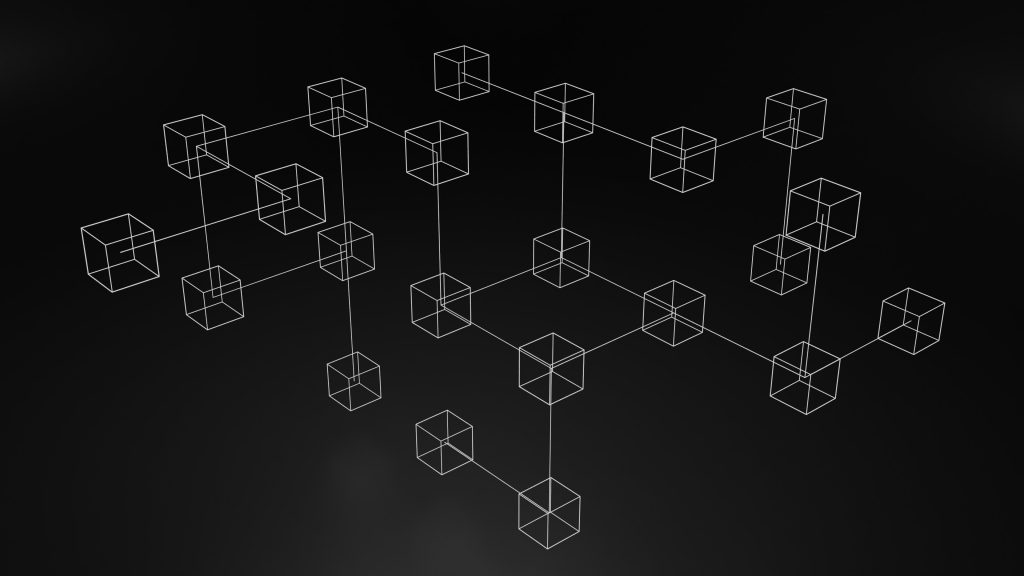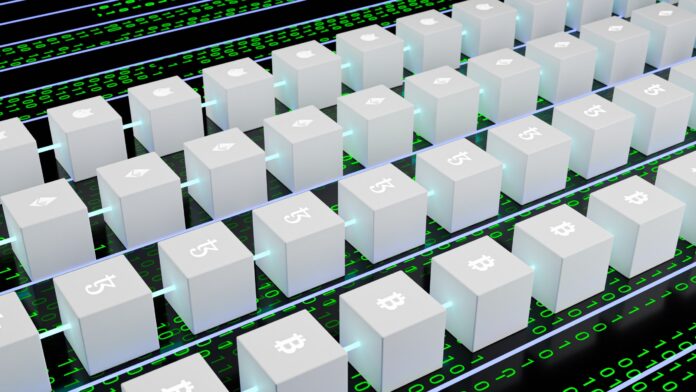A Blockchain is a series of computer data inherently stored in an ever-growing number of blocks, which in turn are connected using cryptography, hence the name “Blockchain”. Each block found on the blockchain has a specific cryptographic hash function; this cryptographic hash found in each block stores the timestamp and hash function of the previous block, which in layman’s terms means a specific date and time along with the transaction data of the last block. Since each block contains the previous block’s data, the blocks form a blockchain, with each additional new block generated adding support to the chain’s integrity.

Due to its structure, a block in the blockchain is resistant to data modification, as it would require altering all subsequent blocks. Changing a blockchain is only possible by conducting a 51% attack or a blockchain rollback attack. A 51% attack is when 51% of the network agrees to alter the chain. Theoretically, a nefarious entity would have to acquire 51% of the entire network’s hash rate to conduct such an attack. A rollback attack is similar to a 51% attack in that it also requires majority control of the network to alter the chain. The difference between both attacks is the purpose, with the rollback attack restoring the blockchain to a previous date. In contrast, a 51% attack is generally initiated with the intention of monetary gain. It is also good to note that starting any attack on a mature blockchain is extremely difficult. The attacker has to incur massive amounts of financial risk for a negligible chance of succeeding.
Although blockchain technology has lots of utility, it is typically used as a publicly distributed ledger in a peer-to-peer network where nodes adhere to a specific protocol storing and validating the chain. A relatively easy and widely sought way to create a blockchain is forking an existing one. Forks are made when a change in protocol happens or when “validator nodes” of a blockchain disagree on the future path of that blockchain. When a fork happens, users are met with two choices, either supporting the old chain or the new one. The user votes on which chain will become the dominant one by allocating the hash rate from their mining machines. If the new chain acquires more hash rate than the old, it will become the dominant chain and vice versa.
Some advantages of using the Blockchain over traditional systems include, but are not limited to being open source, meaning anyone in the world can use it in real-time, verify the code, and transact in a fast, cheap, and secure way. The blockchain is considered safe by design as it exhibits high Byzantine fault tolerance, as seen by the implementation of the blockchain by pseudonymous individual/s Satoshi Nakamoto in 2008 with the cryptocurrency Bitcoin. This implementation made Bitcoin the first-ever digital currency to be Byzantine fault-tolerant, thus solving the double-spend problem all previous implementations of digital cash had failed to address.


